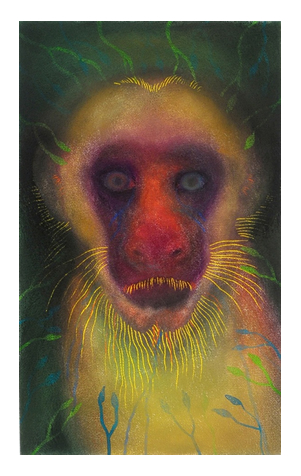"[T]he ahuman…divinanimality…the excluded, foreclosed, disavowed, tamed, and sacrificed foundation of…the human order, law and justice."
—Jacques Derrida, The Animal That Therefore I Am
Human-animal relations are emerging as an ever more important focus for academic engagement with the more-than-human world. The heterogeneous academic field that has resulted has attracted various (non-synonymous) names, including "animal studies," "animality studies," "posthuman animality studies," and "zoocriticism." The Eleventh Drew Transdisciplinary Theological Colloquium will attempt to triangulate these vital reflections on humanity and animality with reflections on divinity.
The resources for a "creaturely theology" are considerable. All Christian scripture and most Christian theology predates the epochal Cartesian realignment of human-animal relations in terms absolutely oppositional and hierarchical, as do Jewish and Muslim traditions. Prior to the Cartesian revolution in philosophy, posthumanist zoocritics are claiming, there were no "animals" in the modern sense, and hence no "humans" either.
"We have never been human," Donna Haraway hyperbolically but incisively insists (When Species Meet). A contemporary creaturely theology might begin with the recognition that the concepts of the human and the animal inherited from the Enlightenment are best construed as the epiphenomenal products of a particular historical moment—albeit the formative moment for almost every aspect of western culture, including the academic discipline of theology itself—bracketed by a pre- and posthumanism that think the human/animal distinction differently, and hence, potentially, the divine/human/animal distinction in addition.
The artwork of Jan Harrison will be exhibited at Divinanimality. Learn about the artist, and the the works on exhibition at the conference.
Several events from the colloquium will be simulcast on the web. View them below, or visit the colloquium's Ustream channel.





